Bodies of Water: Art, Environment, and Neurodivergence
Water always finds its own level. So do we. My reflections on the Bodies of Water symposium, art, and being neuroqueer.
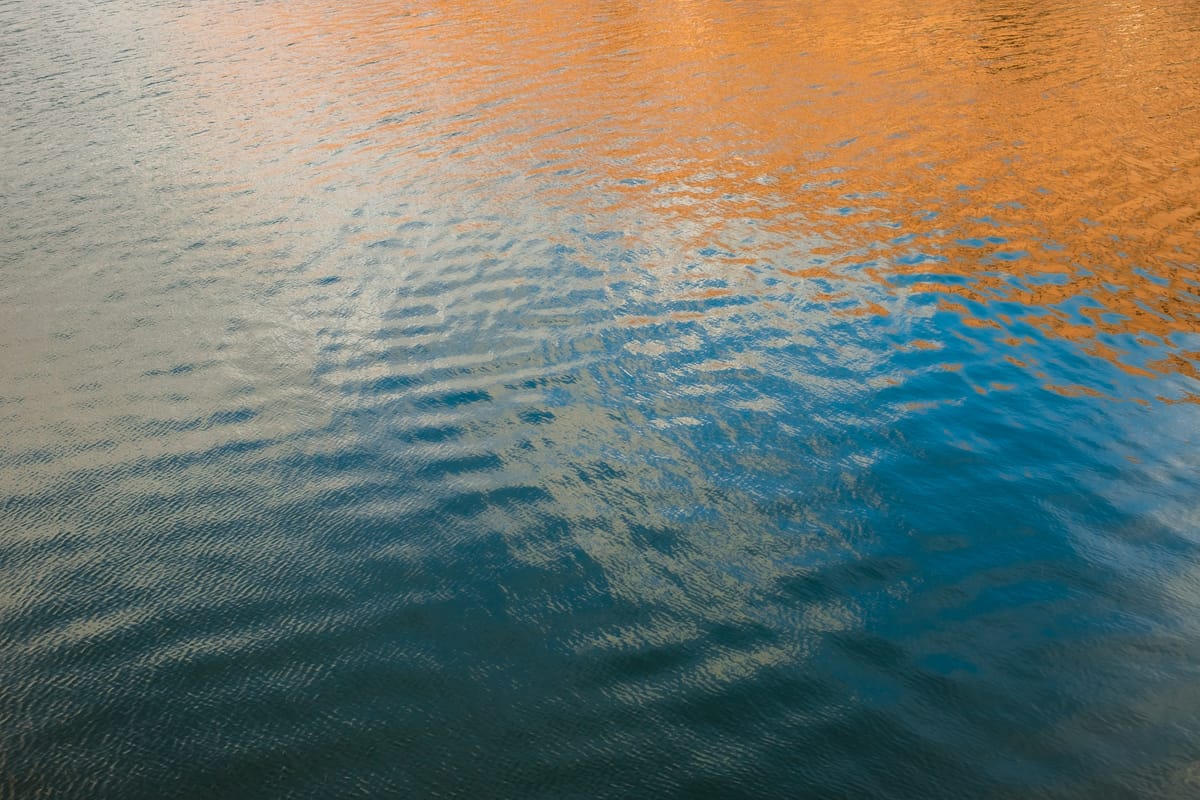
Bodies of Water: Art, Environment, and Neurodivergence
Produced by UP Projects and the Liverpool Biennial, the Bodies of Water symposium in Liverpool explored the role of socially engaged public art in the context of our accelerating environmental crisis. My work documenting the local open-water swimming community has developed in ways I never expected, and people at this symposium had similar ideas, so I went along.
The main themes were:
- Slow down and think ahead
- Make mindful decisions
- Amplify artists’ unique voices
- Challenge worldviews
- Localise the work
These raised questions I don’t yet have answers for. Because of health issues I’ve been forced to slow down and plan ahead, which has meant reduced income and anxiety about the future. Slowing down isn’t how you make money in this world, but it is how you make art. How do I make mindful decisions that move me forward without burning out?
Is forgetting time the moment you feel most yourself? Time still exists, but why do we need to measure it down to the minute, or even the second? If we remove our watch, do we step outside the man-made world and live more freely? As a recent Apple Watch upgrader—who bought one to help triage iPhone notifications—I wonder if I’d actually benefit from time away from it.
How do we become good ancestors? Water can transform the world in a flash, but also slowly, over centuries. How do we create work today that lasts, providing a foundation for future generations? Who funds that work? Does public artwork endure—can it? Maybe only the idea survives. But can ideas survive?
After a few panel discussions we joined a walking workshop with artist James Aldridge, creator of Queer Rivers, which explores “diverse experiences of rivers and other wetland environments, including those of people from the LGBT+ community.” We were given paper, a crayon, pencil and bottle, and asked to walk to the River Mersey thinking about how rivers connect us. I scribbled some notes, left the paper to soak in the rain, and photographed the journey. (Featured below)
I came away reflecting on how, as humans, we often lose our joy in water. As children we splash and dance in it, but as adults we mostly avoid it—except when it’s filled with sugar, alcohol, or caffeine. We try to control it, contain it, impose our will on it. Yet we are 60% water ourselves. Without water there is no life. Why do we grow to dislike it?
That’s one reason I love open-water swimming. We need places where adults can play, splash, and be silly in the water—even for five minutes. “What happens when this way of thinking is applied to the world?” That was the question James left us with at the start of the walk.
“A radical politics of neurodivergent conservation is also consistent with a radical politics of environmental conservation.
After all, it has been the same logics, the same system that has ravaged the biodiversity of the planet as has sought to eliminate the neurological diversity of humanity.”
– Robert Chapman, Empire of Normal
The walk reminded me how much humans seek to control what they don’t understand. Everywhere you look, there are tools and structures built to manipulate water. What does that say about the ways society manipulates and controls neuroqueer people? As I wandered, I noticed water breaking free, flowing to unintended places. My dad always said water finds its own level. We neuroqueer folk will too.
I learned a lot from the Bodies of Water symposium. The strangest question I left with was: Am I an artist? I’m driven more by curiosity than money—which is a problem. But if we’re thinking about how to live more in tune with nature, and how to create spaces for neuroqueer people to grow and thrive, then maybe the arts are where I belong. It’s where I can question, explore, and play. If I could only find a way to monetise it—and that slower, more mindful future will be quids in. But, I don't think I am an artist, simply someone with a camera, a keyboard and a space to publish thoughts. It has left me thinking, where am I going with this space? Has it found its level or am I still winding my way towards it?
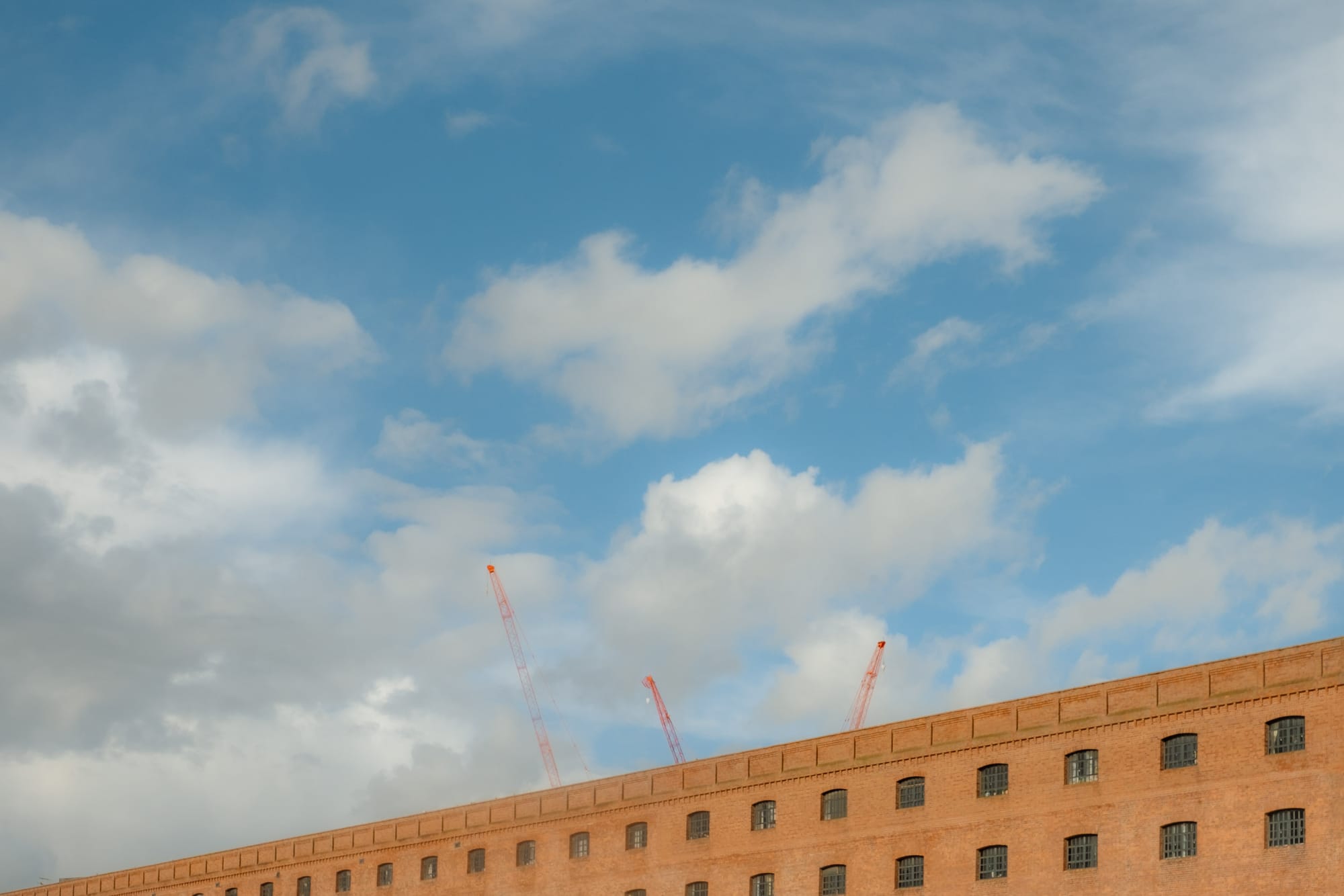
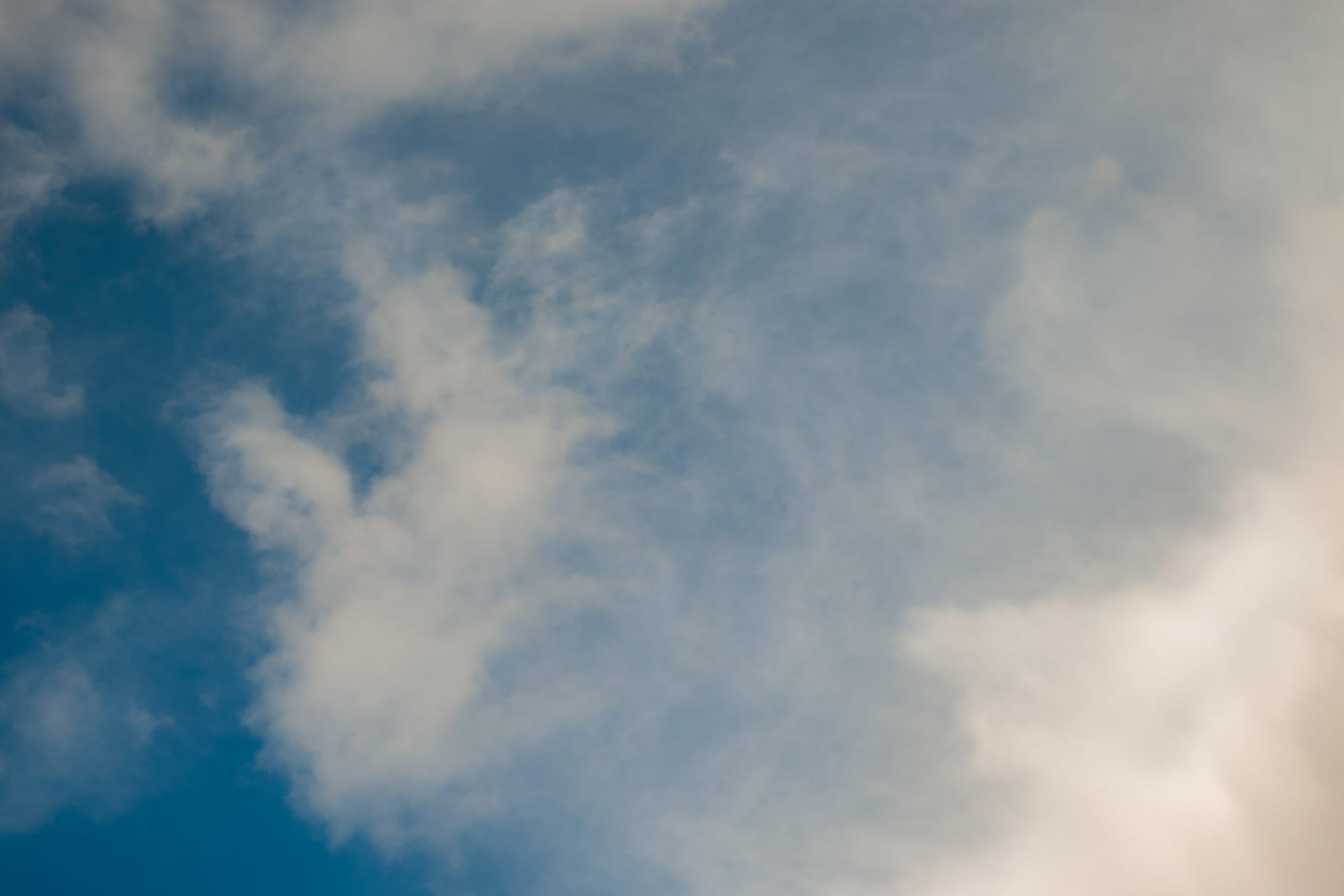
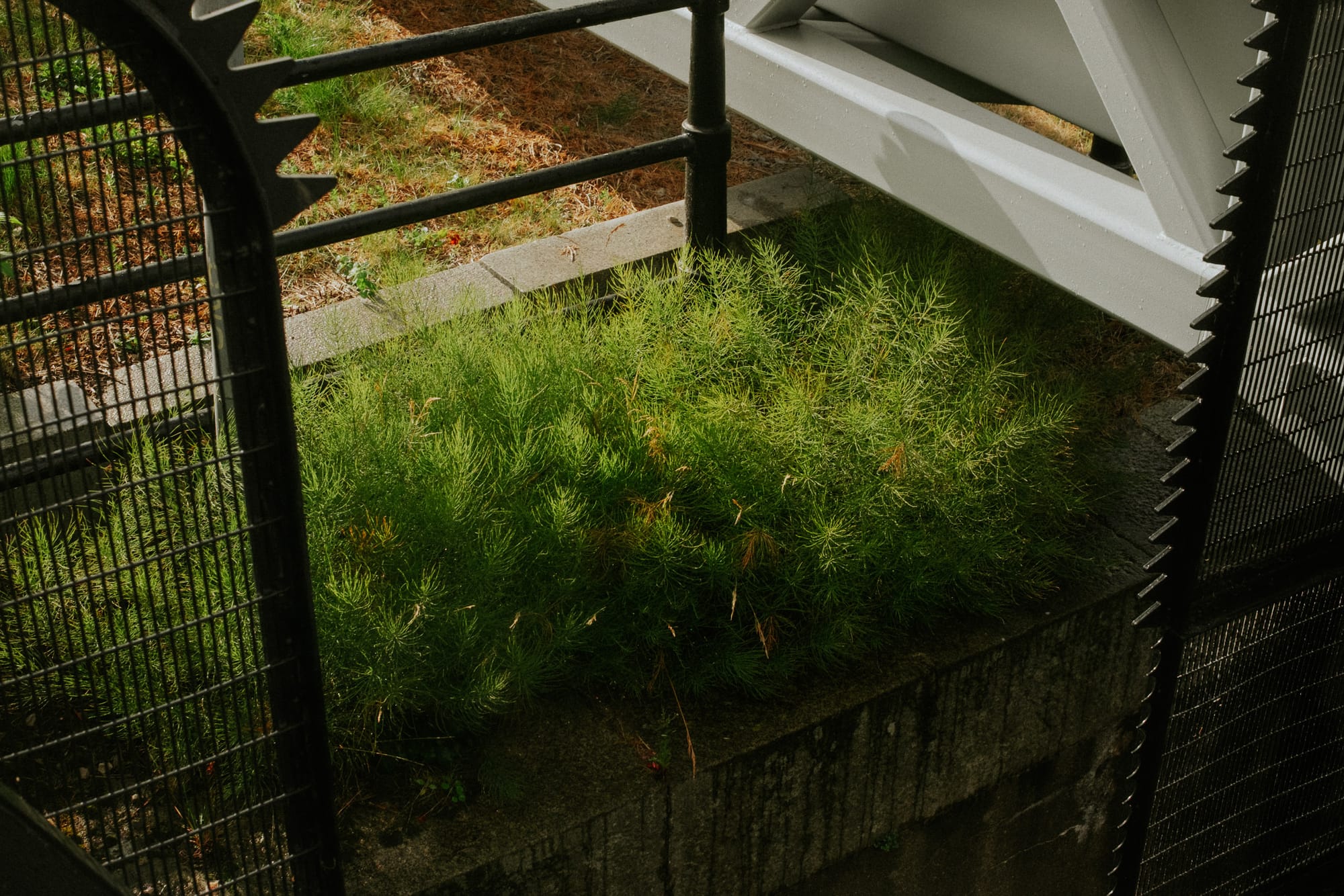
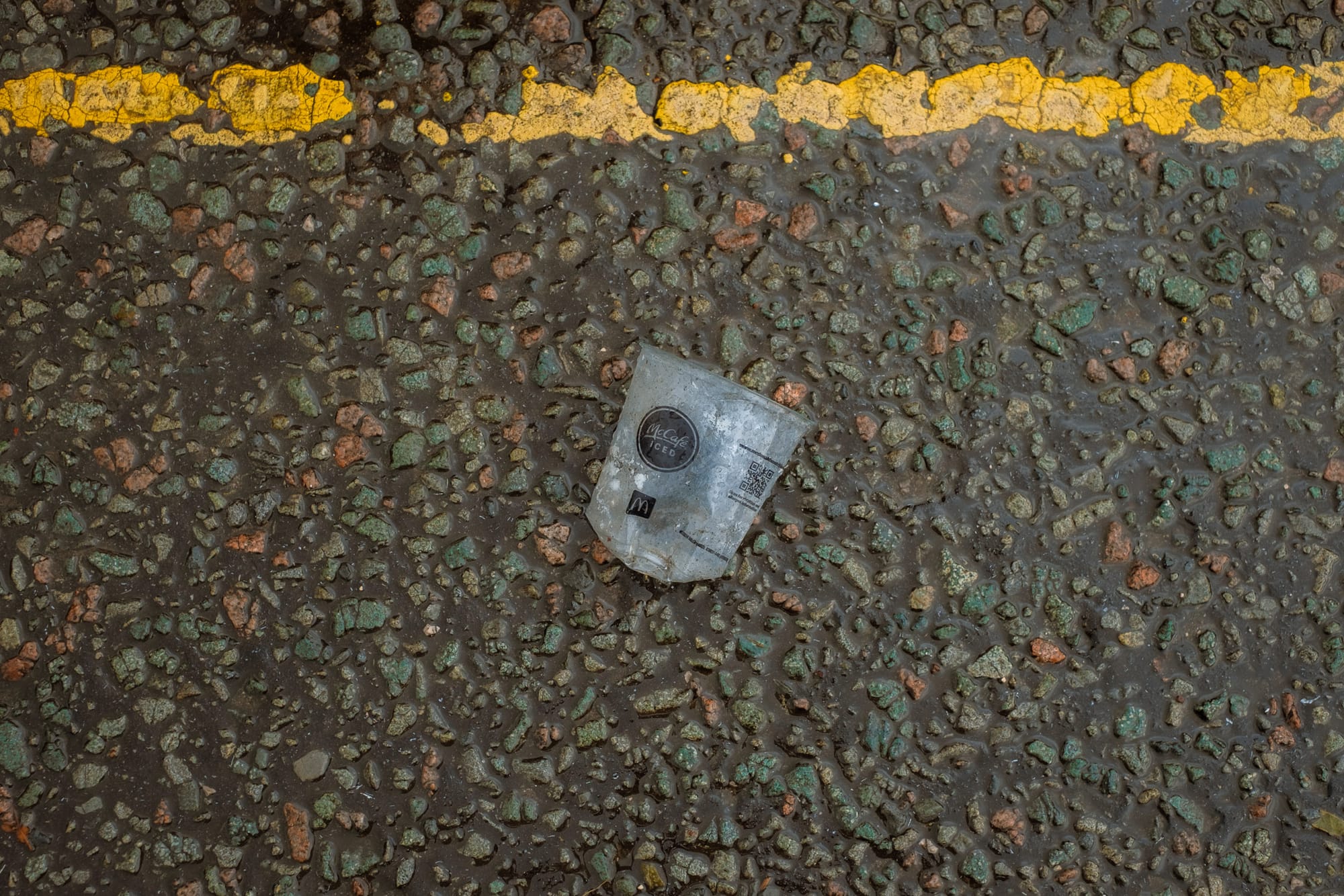
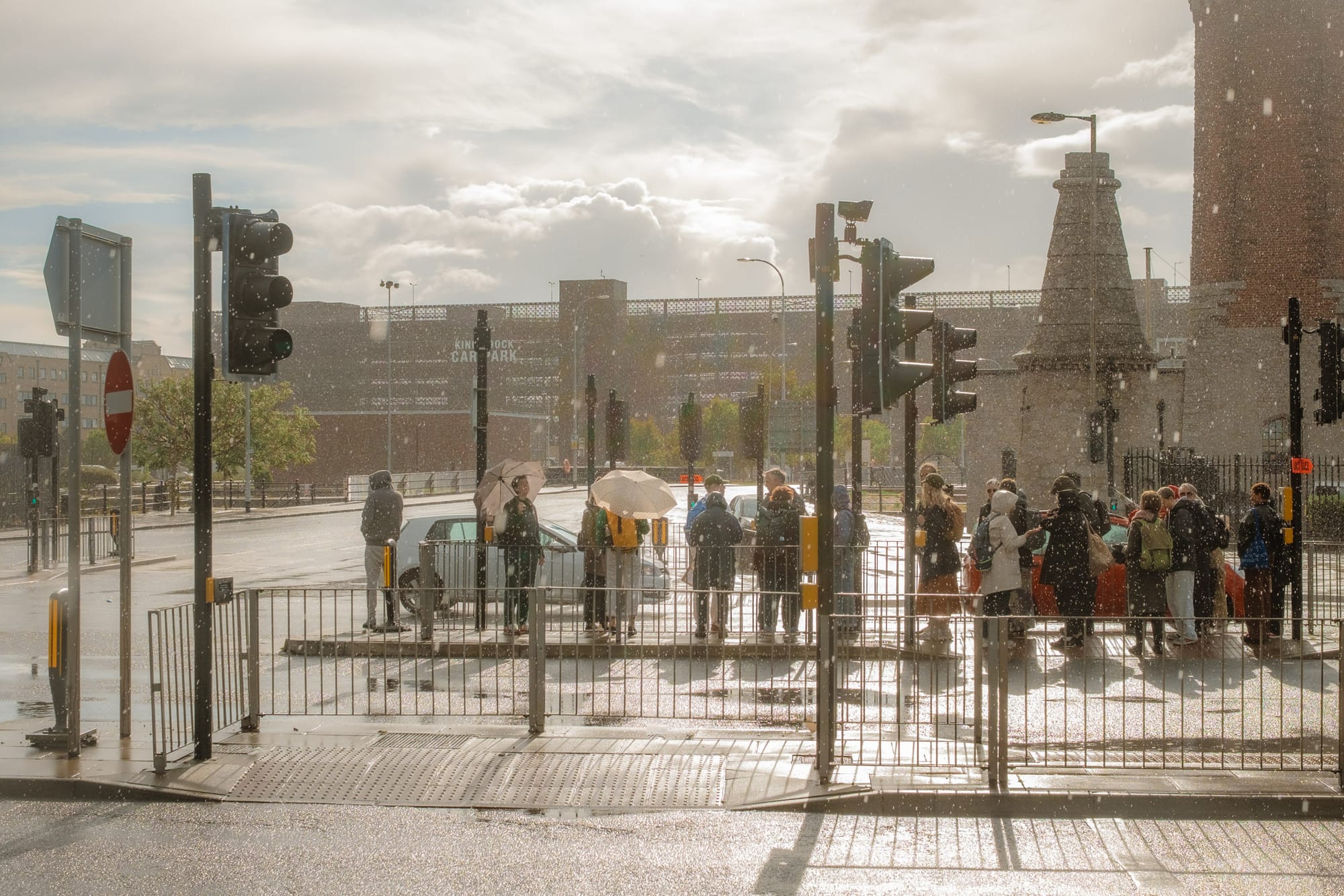
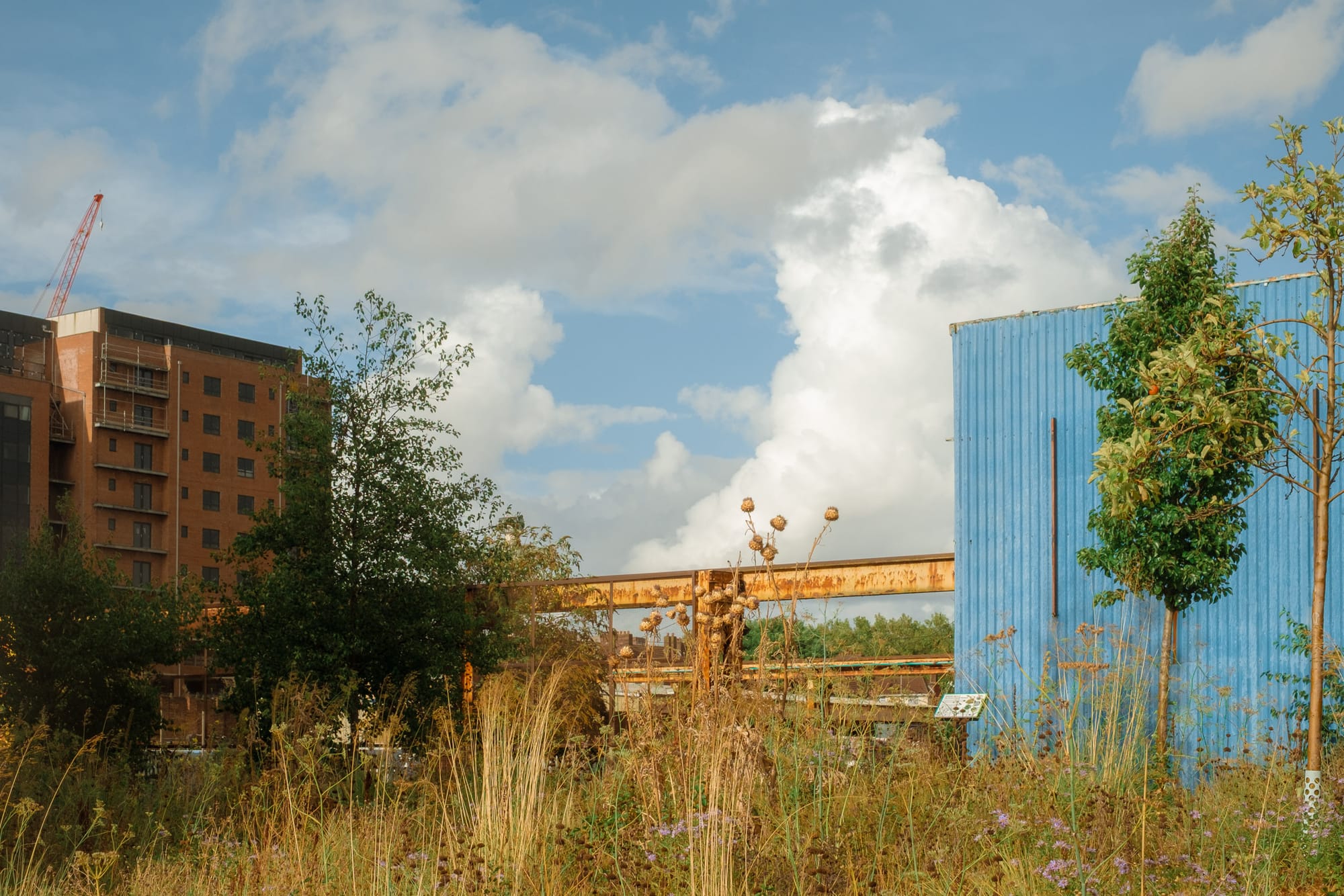
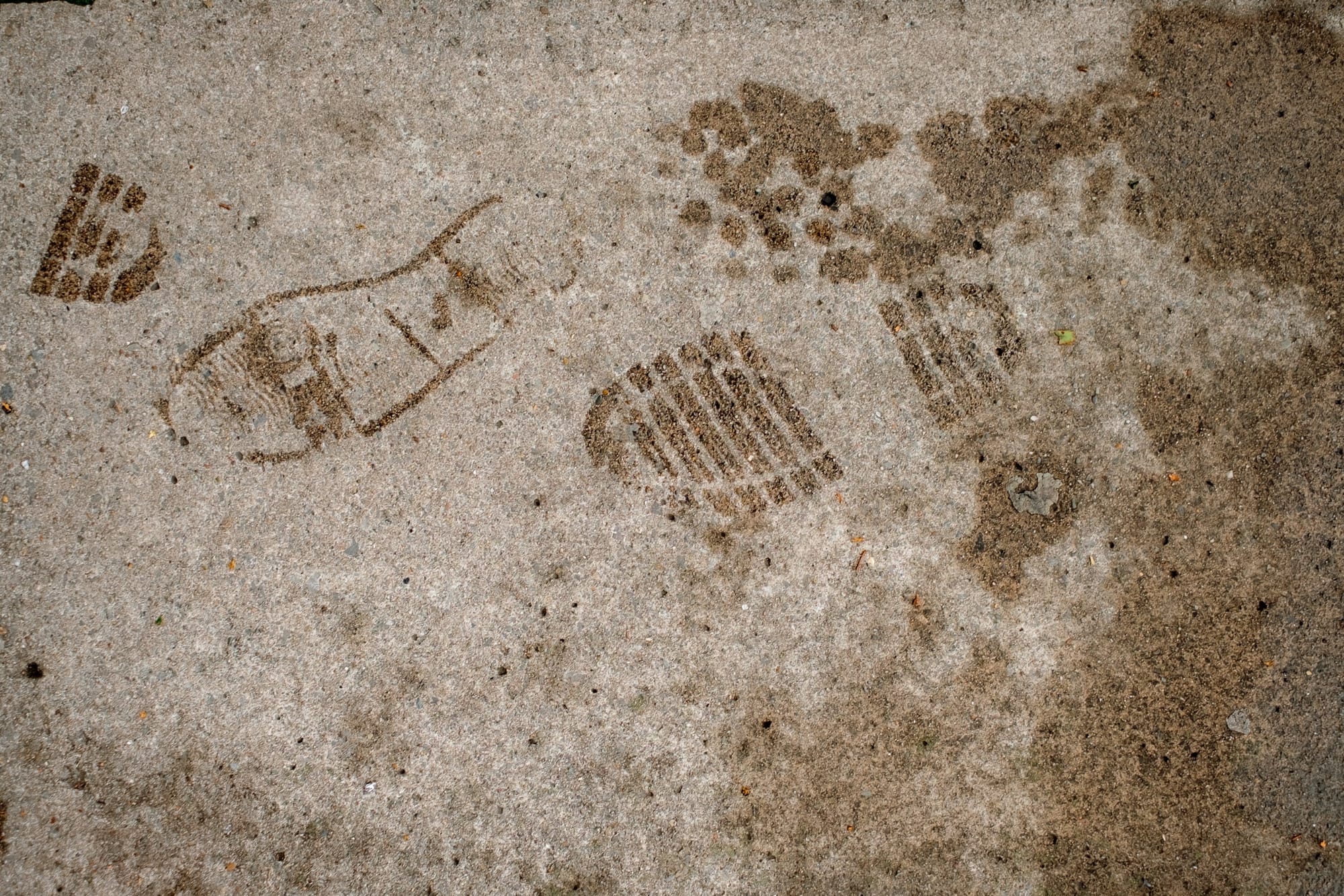
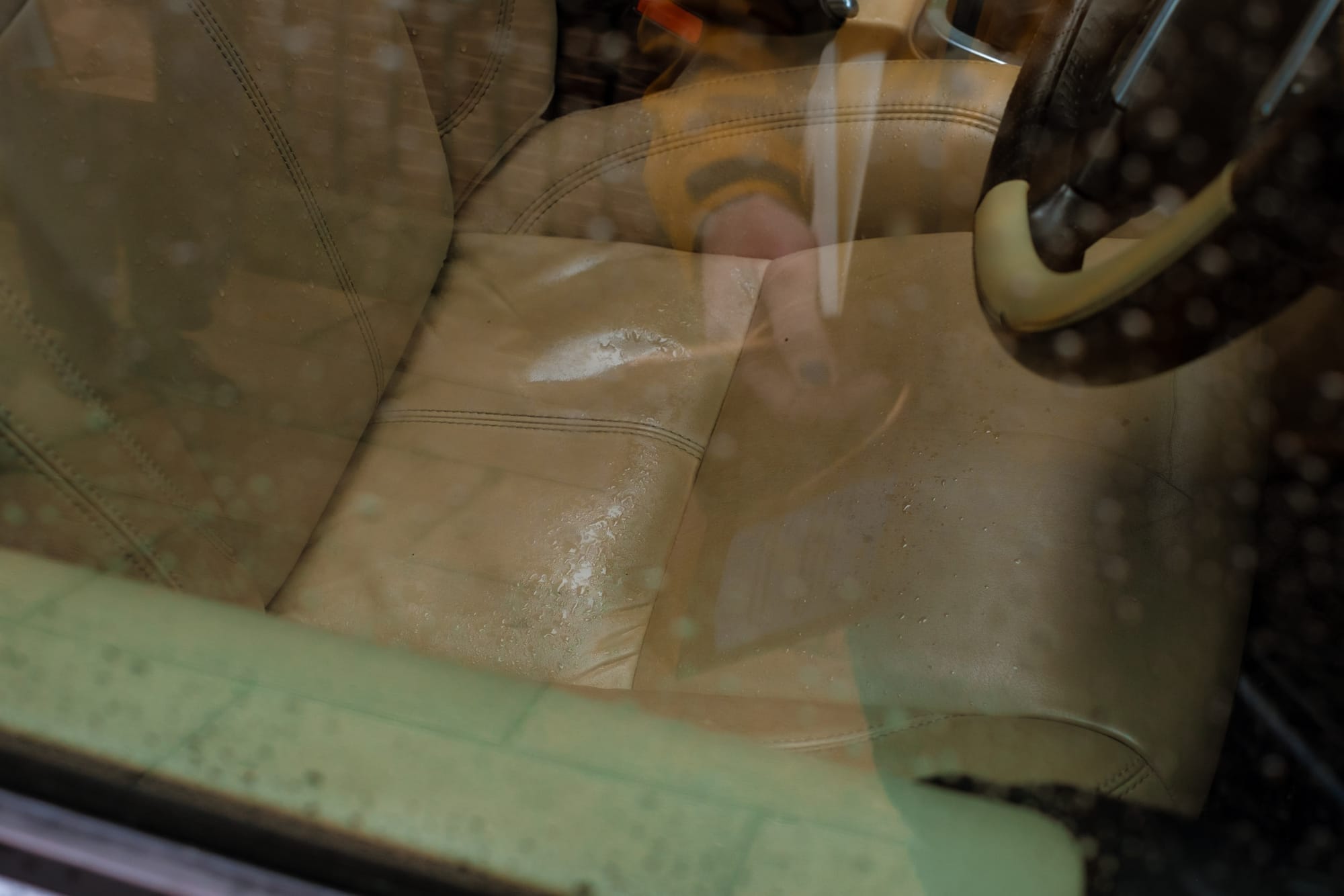
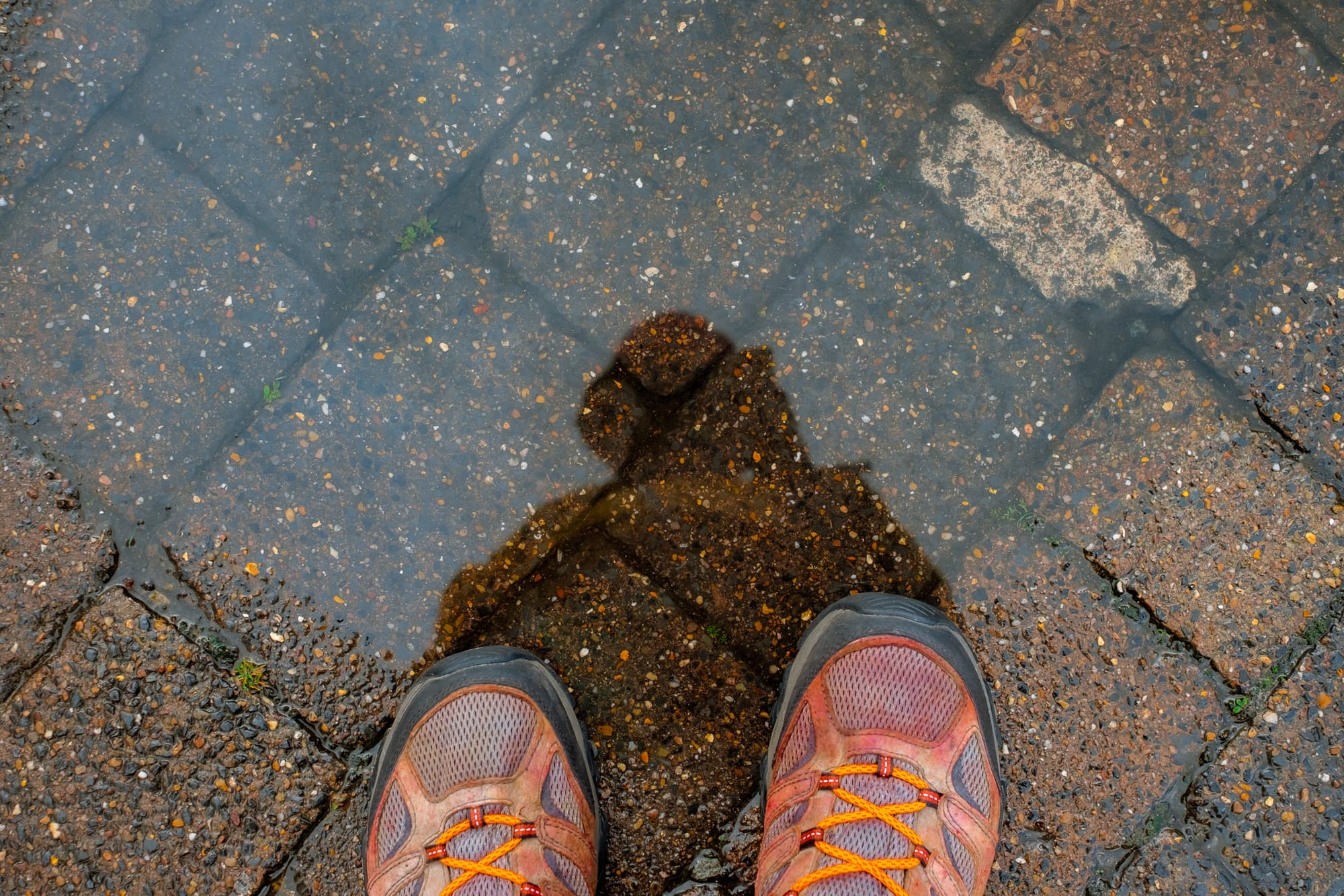
Photos from the Queer Rivers walk through Liverpool
Links
- Blog – Queer River. A research project from Artist James Aldridge
- Home - We Feed the UK. We are uncovering the future of regenerative farming, told through ground-breaking stories of restoration, revival, and community power.
- The Creative Freelancer's Climate Almanac - Julie's Bicycle. A companion for artists, independent creatives, community practitioners and producers, supporting them to make sustainable change. Filled with resources, templates, wellbeing practices, artist case studies, and book recommendations.
- Bodies of Water Symposium. On this board we share a selection of key references that have fed our thinking as we developed the symposium programme. This non-exhaustive list is a taster for the wealth of ground-breaking, awe-inspiring work that is being carried out across the country and internationally.
- Queer Ecologies | writercuratorartist.
- Art, Ecology and Autism – James Aldridge – Art, Ecology and Learning. In case it hasn’t become clear through my recent posts Neuroqueer and Shedding Skin on the Queer River site, and Masking on here, I’ve recently discovered that I’m Autistic.
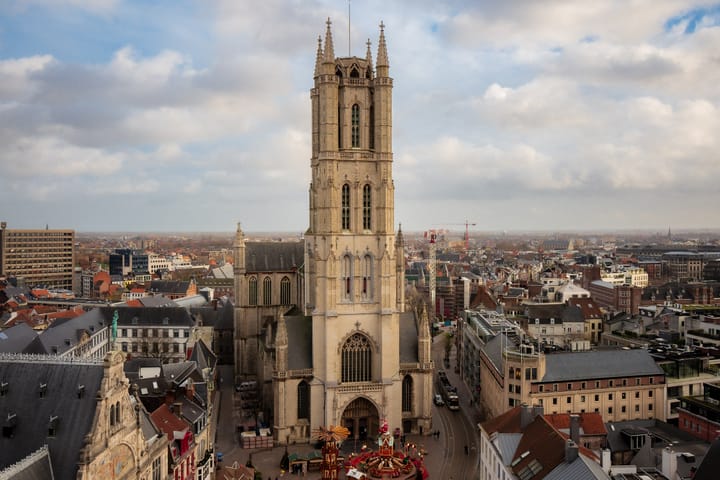
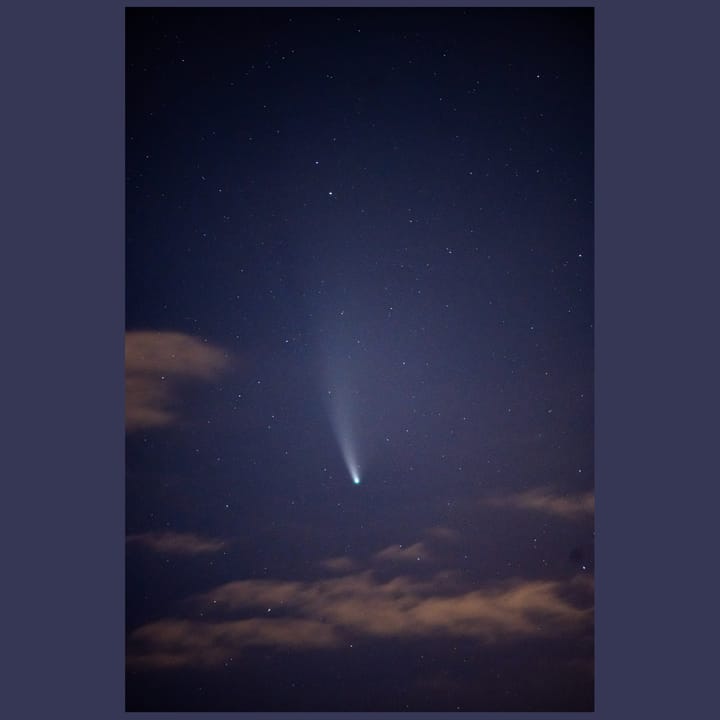
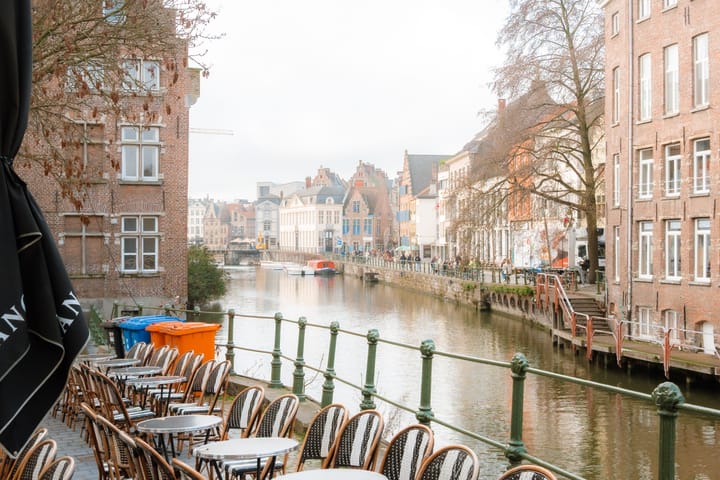
Comments ()